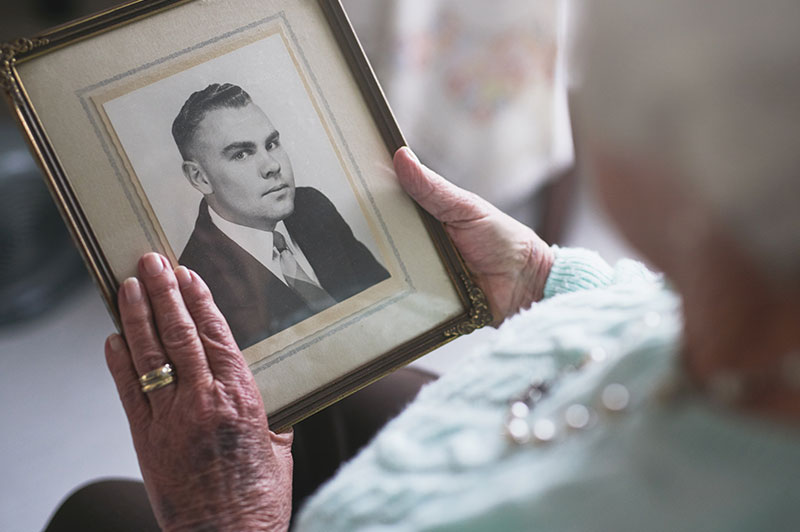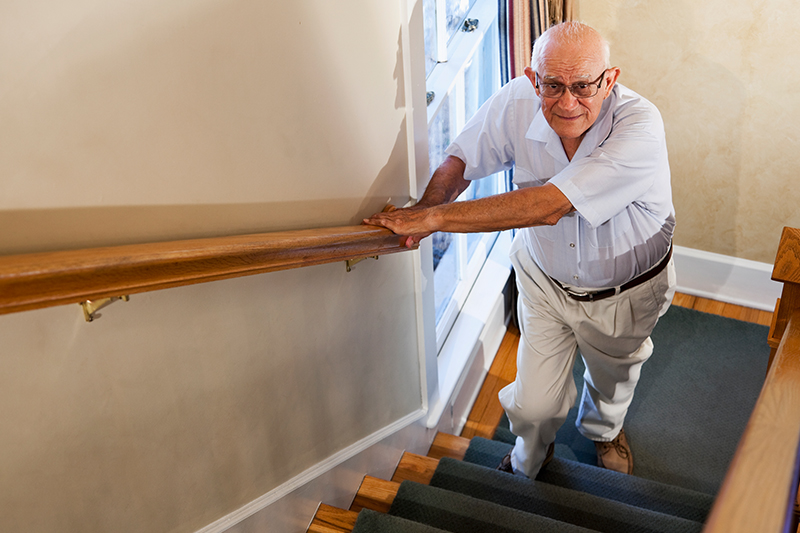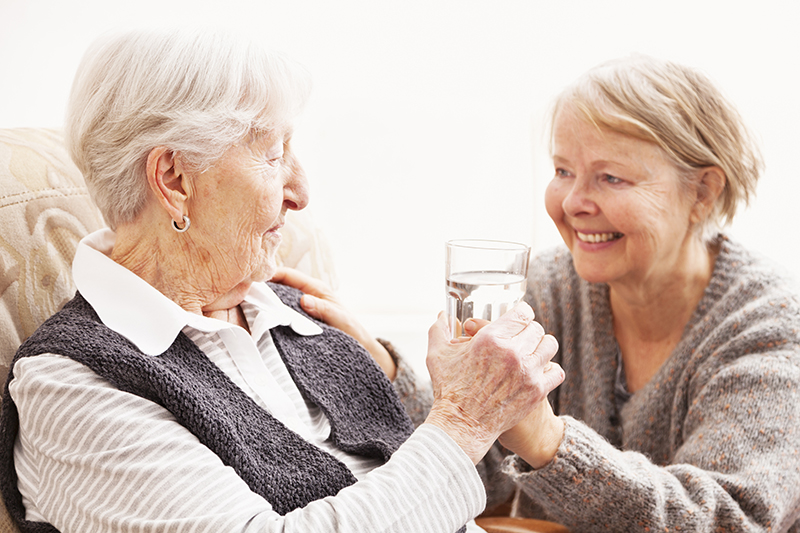Summary of Broken Heart Syndrome and How to Foster Healing
In his documentary about grief, George Shelley uses the analogy of glitter. Toss a handful of glitter into the air, and it’s going to settle into all the cracks and crevices of the room, impossible to fully sweep up and remove. Anyone who has lost a loved one can relate. Yet in some instances, grief […]
Summary of Broken Heart Syndrome and How to Foster Healing Read More »








